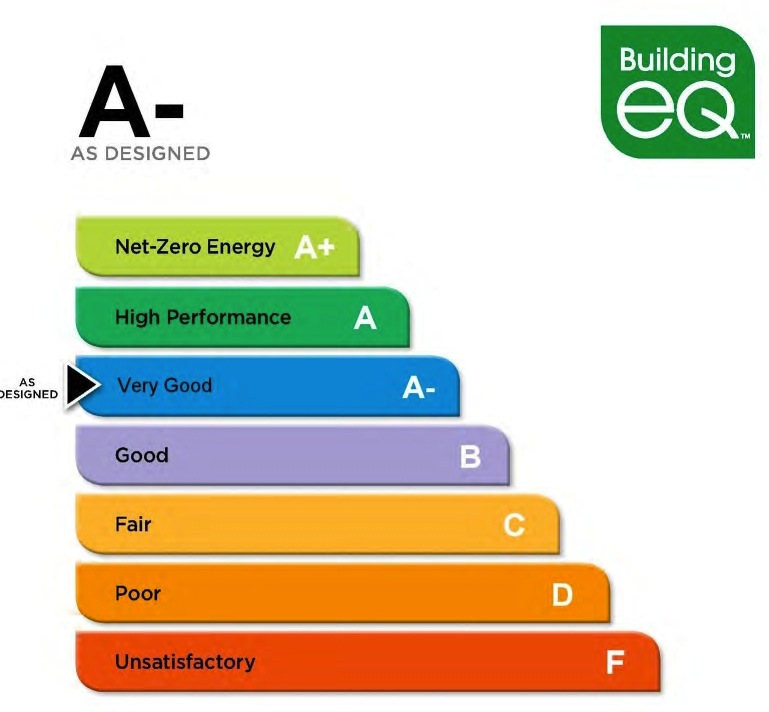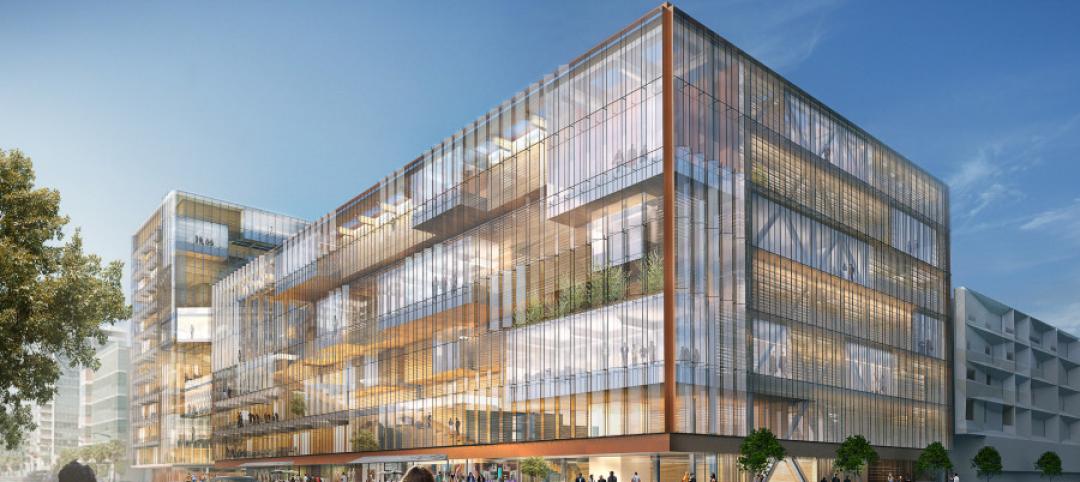The Building Owners and Managers Association (BOMA) International and the Greater Boston Real Estate Board (GBREB) released a report, “An Economic Perspective on Building Labeling Policies,” that questions the efficacy of mandatory building energy labeling. “Mandatory benchmarking and energy labeling often adds expense to building owners without necessarily improving energy efficiency significantly,” commented BOMA International Chair Joe Markling. The report did find evidence that building labels could boost property values, with properties that receive a “green” score seeing appreciation in their market value and properties receiving a brown score experiencing depreciation.
Related Stories
Office Buildings | Jun 11, 2015
Pop-up tree-office opens in London borough of Hackney
London's Hackney borough welcomed a new kind of workspace to Hoxton Square—the TreexOffice.
Modular Building | Jun 10, 2015
London debuts business complex made from 50 shipping containers
London's newest business complex, Pop Brixton, will support local entrepreneurs, create jobs, and is made entirely of shipping containers.
Office Buildings | Jun 9, 2015
Bjarke Ingels unveils stepped design for final WTC tower
The towering "staircase" will rise from St. Paul’s chapel to the skyline, leaning against One World Trade Center.
Office Buildings | Jun 9, 2015
Hines planning $300 million office tower for Denver skyline
Designed by Pickard Chilton, the 640,000-sf tower is geared for large-scale tenants, with features like floor-to-ceiling glass, a 5,000-sf fitness center, a tenant lounge, and a series of outdoor terraces.
Office Buildings | Jun 3, 2015
Tech's influence on the workplace: 4 lessons from the field
Beyond space and programmatic considerations, four tenets highlight today’s tech workplaces: strength of story, design empathy, technology presence, and hackerspace.
Office Buildings | Jun 1, 2015
SHoP Architects unveils dual-glass-box scheme for Uber HQ
The plan involves two glass buildings connected with criss-crossing bridges.
Office Buildings | Jun 1, 2015
Can you make a new building as cool as a warehouse?
Just as we looked at that boarded up warehouse and thought it could be something other, office towers can be reborn, writes CannonDesign's Robert Benson.
Multifamily Housing | May 28, 2015
Census Bureau: 10 U.S. cities now have one million people or more
California and Texas each have three of the one-million-plus cities.
Retail Centers | May 18, 2015
ULI forecast sees clear skies for real estate over next three years
With asset availability declining in several sectors, rents and transactions should rise.
Office Buildings | May 18, 2015
New ASHRAE standard offers test method to determine heat gain of office equipment
The standard will aid engineers in configuring cooling systems in office buildings.
















